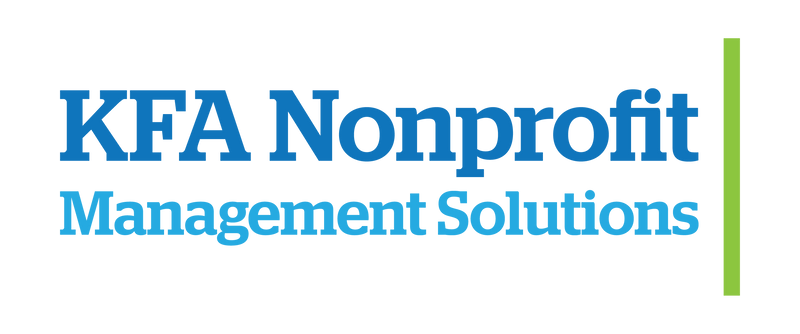There are two funding opportunities this week for museums to help improve the services offered to the public and one of the grants is highlighted below. The NSF is providing monies to the engineering research community to address the demanding, urgent, and consequential challenges for advancing America’s prosperity, health, and infrastructure. And the Department of Housing and Urban Development has just announced their Rural Capacity Building for Community Development and Affordable Housing Grants (RCB).
Institute of Museum and Library Services
Grant Title: Museums for America
Grant Info: http://www.grants.gov/web/grants/view-opportunity.html?oppId=297772
Details: The Museums for America (MFA) program supports projects that strengthen the ability of an individual museum to serve its public.
National Science Foundation
Grant Title: Leading Engineering for America's Prosperity, Health, and Infrastructure
Grant Info: http://www.grants.gov/web/grants/view-opportunity.html?oppId=297735
Details: The LEAP HI program challenges the engineering research community to take a leadership role in addressing demanding, urgent, and consequential challenges for advancing America’s prosperity, health, and infrastructure. LEAP HI proposals confront engineering problems that are too complex to yield to the efforts of single investigator problems that require sustained and coordinated effort from interdisciplinary research teams, with goals that are not achievable through a series of smaller, short-term projects. LEAP HI projects perform fundamental research that may lead to disruptive technologies and methods, lay the foundation for new and strengthened industries, enable notable improvements in quality of life, or reimagine and revitalize the built environment. LEAP HI supports fundamental research projects involving collaborating investigators, of duration up to five years, with total budget between $1 million and $2 million. LEAP HI proposals must articulate a fundamental research problem with compelling intellectual challenge and significant societal impact, particularly on economic competitiveness, quality of life, public health, or essential infrastructure. One or more CMMI core topics must lie at the heart of the proposal, and integration of disciplinary expertise not typically engaged in CMMI-funded projects is encouraged. Proposals must highlight engineering research in a leadership role. Proposals must demonstrate the need for a sustained research effort by an integrated, interdisciplinary team, and should include a research integration plan and timeline for research activities, with convincing mechanisms for frequent and effective communication.
Department of Housing and Urban Development
Grant Title: Rural Capacity Building for Community Development and Affordable Housing Grants (RCB)
Grant Info: http://www.grants.gov/web/grants/view-opportunity.html?oppId=297733
Details: Purpose: Through funding of national organizations with expertise in rural housing and community development, the Rural Capacity Building (RCB) program enhances the capacity and ability of rural housing development organizations, Community Development Corporations (CDCs), Community Housing Development Organizations (CHDOs), local governments, and Indian tribes to carry out community development and affordable housing activities that benefit low- and moderate-income families and persons in rural areas. a. Eligible Program Activities. Funds may be used to provide the following services: Training, education, support, and advice to enhance the technical and administrative capabilities of rural housing development organizations, CDCs, CHDOs, local governments, and Indian tribes, including the capacity to participate in consolidated planning, as well as in fair housing planning and Continuum of Care homeless assistance efforts that help ensure community-wide participation in assessing area needs; consulting broadly within the community; cooperatively planning for the use of available resources in a comprehensive and holistic manner; and assisting in evaluating performance under these community efforts and in linking plans with neighboring communities in order to foster regional planning; Loans, pass-through grants or other financial assistance to rural housing organizations, CDCs, CHDOs, local governments, and Indian tribes to carry-out community development and affordable housing activities that benefit low-income or low- and moderate-income families and persons by building the capacity of those eligible beneficiaries to serve rural communities over time. Such other activities as may be determined by the grantees in consultation with the Secretary or his or her designee. Program Priorities. Activities undertaken as part of, or as a result of, capacity building efforts described in this section shall support the implementation of other HUD programs in rural areas, including, but not limited to, the Community Development Block Grant Program (CDBG), HOME Investment Partnerships, Housing Opportunities for Persons With AIDS (HOPWA), Emergency Solutions Grant Program (ESG), and the Continuum of Care program, in addition to issues related to sustainability and comprehensive neighborhood revitalization activities. Through the eligible activities of this NOFA, grantees are encouraged to build the capacity of entities in rural areas that lack designated rural housing development organizations, CDCs or CHDOs and to ensure that those entities gain new access or expand existing access to federal funding. Grantees are encouraged to align with and support projects that create opportunities for transformative revitalization and investments focused on job growth, economic recovery, and neighborhood revitalization. Grantees are encouraged to consider how eligible beneficiaries may align investments with regional planning for sustainable economic development if such efforts are underway in a given jurisdiction.
